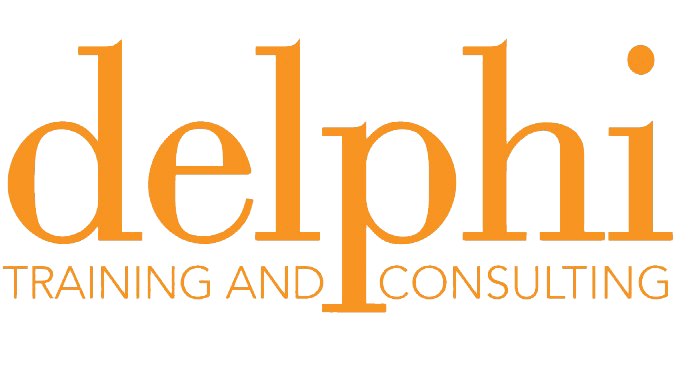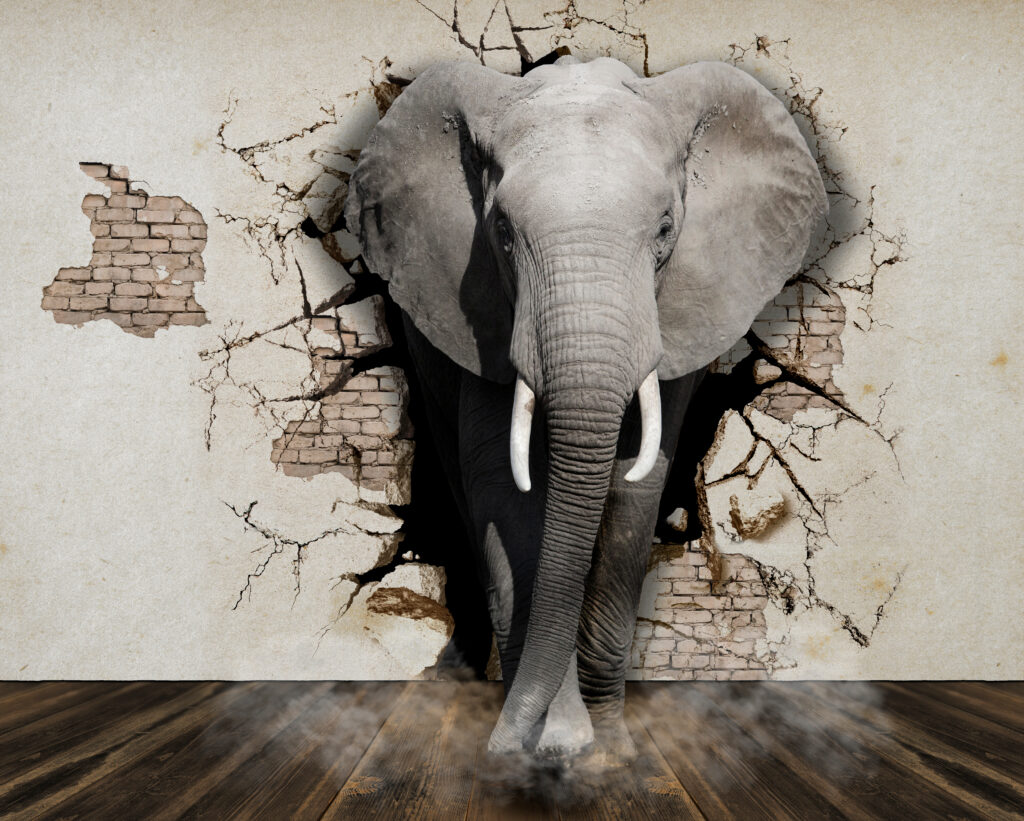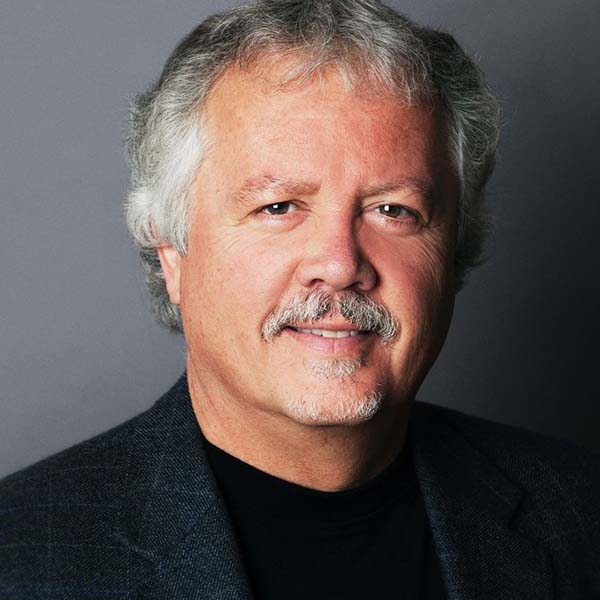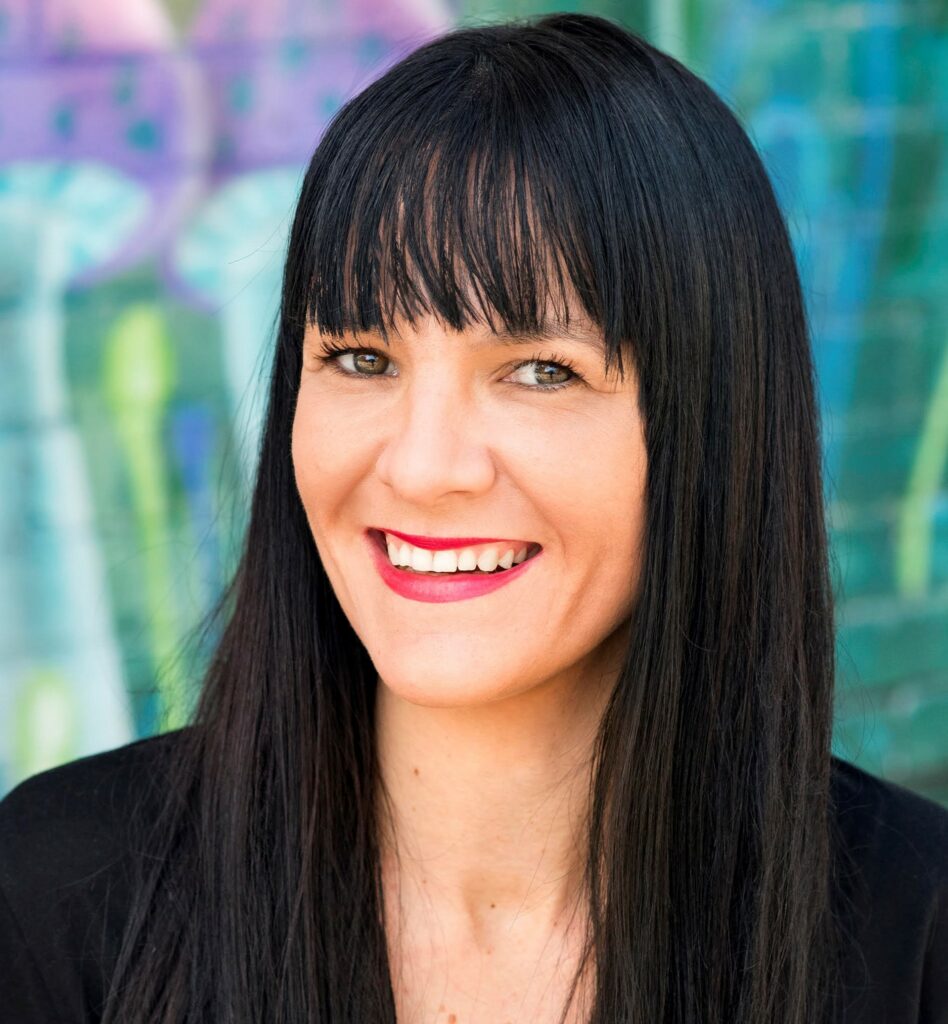
Join our NETWORK
Get all latest news, event updates and access to resources & information.

$290.00 Original price was: $290.00.$245.00Current price is: $245.00.
Student Price will be calculated at checkout. Please make sure have regsitered for a student account and are logged in.
I first presented a version of this workshop in 2007. Sixteen years further down the road with my work in the trauma field and personal life experiences, integration of spirituality has deepened in meaning and presence. People who have experienced trauma or abuse from secular, religious, and different cultural backgrounds, frequently report profound experiences during and post, traumatic events.
Some people report experiences of feeling protected, watched over, sustained by God/s, ancestors or something greater than Self. Some clients report experiences of ‘spiritual attack’. Others report the deliberate misuse of religious teachings to control and intimidate, while others experience transgenerational trauma impacts on their spirituality.
Spiritual experiences such as possession states may be seen as the norm and revered in one culture and treated with suspicion or deemed delusional in another. As therapists, how do we know what is real and what may be delusional or projection? Does it matter? When might it matter? How do we assist clients to work with these experiences?
The Royal Commission into Institutional Responses to Child Sexual Abuse (2013 – 2017), revealed shocking numbers of children sexually abused by priests and nuns and the extent of cover-ups to protect institutions and perpetrators. Betrayal by trusted institutions and people in the religious context adds another dimension to the impact on victim/survivors trauma and healing. Trauma may be the catalyst for a spiritual crisis and a channel for deepening and developing spirituality and soulfulness. Even though the client or therapist may not label it as such, spirituality is an integral part of human experience and the healing process. Moments in a session where one, other or both the client and therapist experience a deep and profound connection, understanding or insight that may be impossible to articulate can reflect this dimension. Going beyond the psychological in reconciling spiritual conflicts and philosophical constructs is paramount in enriching life and nurturing meaning.
Therapists may be hesitant to acknowledge and access their own spirituality in sessions or encourage client’s exploration, as it may jar against their ‘evidence based’ training. The trauma field has evolved embracing experiential, somatic therapies, yoga, mindfulness and other modalities, incorporating these practices to offer clients greater avenues and pathways to healing. Going beyond the psychological in reconciling spiritual conflicts and philosophical constructs is paramount in enriching life and nurturing meaning. In this workshop we will explore spirituality in the context of cultural, socio-economic factors, gender, sexuality and core trauma dynamics and draw on spirituality as a profound resource in healing and well-being. The approach taken is that spirituality is understood to include, but is not limited to, formalised religion.
Practical strategies applicable to both secular and religious ideologies will assist therapists (regardless of their own beliefs) to enter a dialogue with clients to explore the impact of trauma on, and the role of spirituality in healing.
Primary considerations in relation to spirituality and trauma
Key conflicts and cognitive errors:

Naomi trained as a social worker in the UK. Early in her career she worked with children in short stay emergency care, homeless youth, and convicted offenders in government and non-government organisations, providing advocacy, psychosocial education, recreational opportunities, skills training, supervision and counselling. She holds a Grad. Cert. Human Rights and is a certified QPR trainer (suicide prevention).
In 1987, Naomi went into partnership at The Delphi Centre, now known as Delphi Training and Consulting where she developed expertise in therapy for adult sequelae of childhood abuse, neglect and attachment disruptions.
Naomi provides clinical consultation for complex post-traumatic stress, dissociative disorders and related impacts of childhood developmental trauma and abuse including self-harming behaviour, suicidality and substance abuse, for mental health professionals working with adult victim-survivors of intergenerational trauma, gender-based violence, and other trauma. She has a wealth of experience working with people across socioeconomic groups, faiths, and sexual orientation.
She is a consultant and trainer for law firms, providing trauma informed training and supporting lawyers’ mental health and wellbeing. Since 2009, Naomi has been a consultant to the United Nations developing and delivering a broad range of trauma informed programs to personnel in missions and duty stations around the world. Most recently she developed a Gatekeeper suicide prevention training for Safety and Security Services and trauma informed awareness training for the Office of the Special Coordinator on improving the UN’s response to Sexual Exploitation and Abuse, the Ombudsman and Ethics Units and Human Resources and Services Department.
A skilled speaker and trainer, Naomi has presented training about complex and developmental trauma, vicarious trauma, resilience building and workplace wellbeing through Delphi and United Nations, in-person and online across all Australian States and Territories – Africa – Canada – Denmark – Germany – India – Italy – Lebanon – New Zealand – Romania – Thailand – United States. See organisations Naomi has partnered
A founding member of The Australian Association of Trauma and Dissociation Inc. in 1992 (amalgamated with the Australasian Association of Traumatic Stress Studies in 1996) Naomi served on the Executive Committee and Conference Committee from 1991 – 1996, and as Treasurer from 1992 – 1995.
She is a founding member and spokesperson for an action group for victims of white collar crime. An advocate for victims of deceptive and misleading financial advice, Naomi has provided submissions and testimony to senate committees and other inquiries and has been an invited speaker at financial industry forums regarding the impact of white collar crime, the changes needed in the industry and legislation. She has worked closely with parliamentarians across political parties and the media. She is frequently contacted for commentary.
She is co-author with Dr Colin A. Ross, (2009) Trauma Model Therapy: A Treatment Approach for Trauma, Dissociation and Complex Comorbidity, Manitou Inc. and two studies about Maladaptive daydreaming.
Naomi is a Fellow of the International Society for the Study of Trauma and Dissociation (2017) and recipient of the Distinguished Achievement Award (2022).

Colin A. Ross, M.D., completed medical school at the University of Alberta and his psychiatry training at the University of Manitoba in Canada. He is a Past President of the International Society for the Study of Trauma and Dissociation, and is the author of over 270 papers and 36 books. He has spoken widely throughout North America and Europe, and in China, Malaysia, Australia and New Zealand. He has been a keynote speaker at many different conferences, and has reviewed for over 30 different professional journals.
Dr. Ross directed hospital-based Trauma Programs in Texas from 1991 to 2022. Additionally, he directed programs in Michigan and California for 20 years. He now has his own partial hospitalization and intensive outpatient programs at two locations in Texas.
Dr. Ross’ books cover a wide range of topics. His clinical books focus on trauma and dissociation and include: Dissociative Identity Disorder. Diagnosis, Clinical Features and Treatment of Multiple Personality, Second Edition (1997); Schizophrenia: Innovations in Diagnosis and Treatment (2004); The Trauma Model: A Solution to the Problem of Comorbidity in Psychiatry (2007); Trauma Model Therapy: A Treatment Approach for Trauma Dissociation and Complex Comorbidity (2009); Structural Dissociation: A Proposed Modification of the Theory (2013); and Treatment of Dissociative Identity Disorder: Techniques and Strategies for Stabilization (2018).
Dr. Ross has published a series of treatment outcome studies in peer-reviewed journals, which provide evidence for the effectiveness of Trauma Model Therapy. Many of his papers involve large series of cases, with original research data and statistical analyses, including a paper entitled ‘Trauma and Dissociation in China’ in the American Journal of Psychiatry.
Colin has presented for Delphi seven times between 1997 – 2024. His 2020 webinar Hearing Voices: Understanding and Treatment and training with Dr Mary-Anne Kate, Expert guidance in screening for dissociative disorders and differential diagnosis are available On-Demand. He was a guest presenter in the webinar, The Elephant in the Room: Trauma Spirituality and Healing

Dr Alana (Lani) Roy is the Founder of The Signs of Life Psychology. She is a psychologist, social worker, and therapist and has spent the last 15 years working in mental health, suicide prevention, trauma, sexual abuse, family violence, and the disability sector.
Lani has worked with borderline personality and dissociative identity disorder in various roles in the community, such as rape crisis centres with victims of ritual abuse; childhood and adult sexual assault; supporting women in the sex industry; and survivors of human trafficking. She specialises in complex trauma, disabilities and dual diagnosis, and working with the Deaf community by providing therapy in Auslan sign language. Lani also specialises in preparation and integration in the field of psychedelic and sexual abuse survivors, particularly with Ayahuasca and the vegetelista dieta process.
Lani provides a range of educational and group-based psychedelic programs. She is a board-approved psychology supervisor and provides psychology, social work, and biomedical student placements and supervision across Deakin, Monash, Victoria University, Psychedelic Research in Science and Medicine (PRISM), Entheogenesis Australia (EGA) and the Mental Health Foundation. Lani coordinates the psychedelic and plant medicine Mental Health Professional Network (MHPN). Lani has taught as an Australian teacher on Psychedelics Today Navigating Psychedelics for Clinicians and other Australian Psychedelic programs.
Lani has begun providing Psychedelic Assisted Psychotherapy (PAP) for clients accessing ketamine treatment in Australia with partnering clinical organisations. She is currently working on a range of research trials focusing on psilocybin and Ayahuasca.
She is passionate about connecting with professionals and community members who have integrity, creativity, and innovation; people who can uphold the sacred nature of these medicines as we bring them safely into the clinical context. Most importantly; she is a mother of two young boys, an owner of two beautiful high needs French bulldogs, and a wife of a sexual abuse detective.
For more information about her personal journey towards healing and psychedelics please see blog below.
Dr Alana Roy: How my journey into the jungle changed my life

Get all latest news, event updates and access to resources & information.
Fill in the form below to generate your student account, if you already have an account please contact Delpi Training & Consulting directly